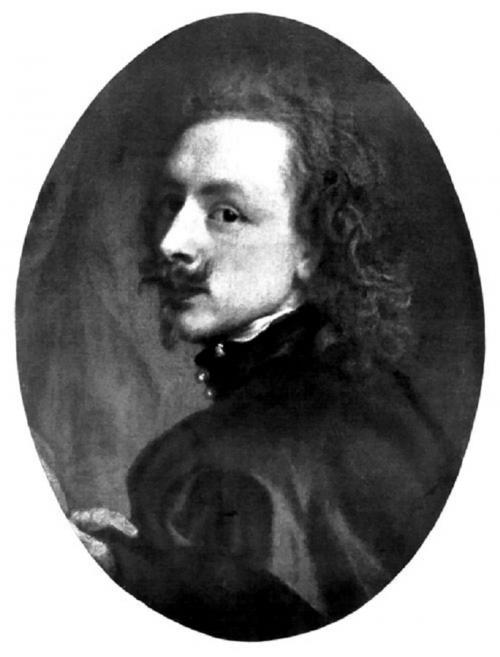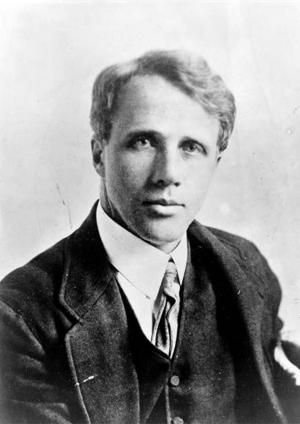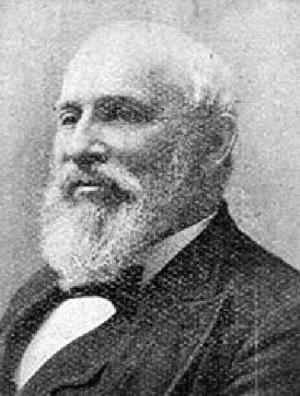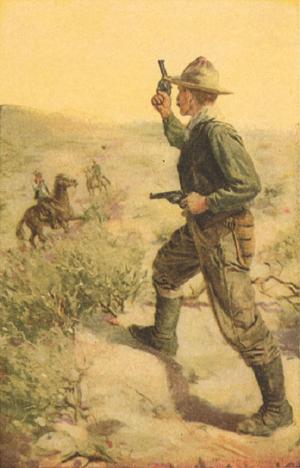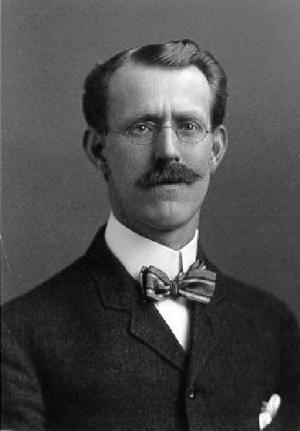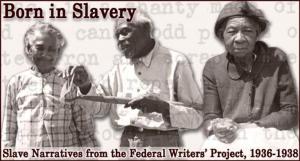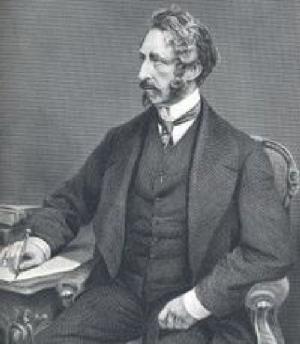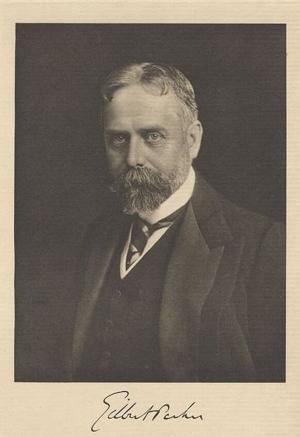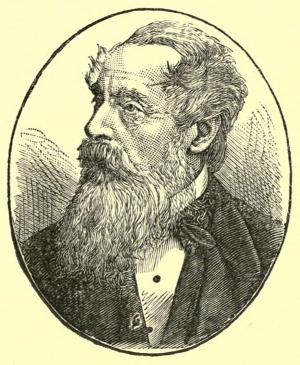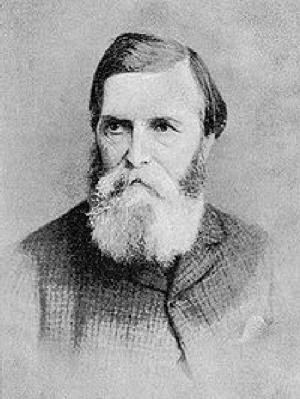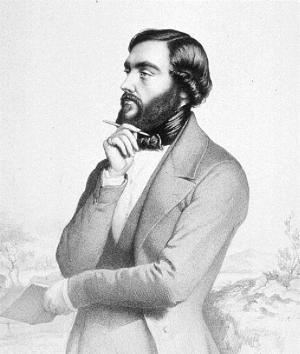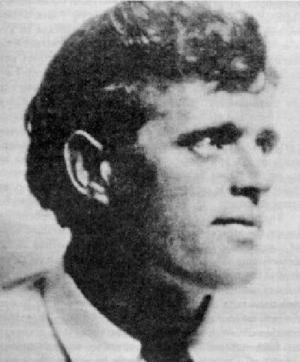| Author: | Henry Van Dyke | ISBN: | 9781455346356 |
| Publisher: | B&R Samizdat Express | Publication: | December 15, 2009 |
| Imprint: | Language: | English |
| Author: | Henry Van Dyke |
| ISBN: | 9781455346356 |
| Publisher: | B&R Samizdat Express |
| Publication: | December 15, 2009 |
| Imprint: | |
| Language: | English |
According to Wikipedia:"Henry van Dyke (1852 1933) was an American author, educator, and clergyman… Among his popular writings are the two Christmas stories The Other Wise Man (1896) and The First Christmas Tree (1897). Various religious themes of his work are also expressed in his poetry, hymns and the essays collected in Little Rivers (1895) and Fisherman’s Luck (1899). He wrote the lyrics to the popular hymn, "Joyful, Joyful We Adore Thee" (1907), sung to the tune of Beethoven's Ode to Joy. He compiled several short stories in The Blue Flower (1902) named after the key symbol of Romanticism introduced first by Novalis. .. Van Dyke's "Essays in Application" (1905) was quoted by Jack London in the dystopian novel "The Iron Heel". London disliked Van Dyke's ideas, but paid him the compliment of predicting that his writings would still be remembered six hundred years into the future and be cited by a Twenty-Sixth Century writer as "an example of bourgeois thinking"."
According to Wikipedia:"Henry van Dyke (1852 1933) was an American author, educator, and clergyman… Among his popular writings are the two Christmas stories The Other Wise Man (1896) and The First Christmas Tree (1897). Various religious themes of his work are also expressed in his poetry, hymns and the essays collected in Little Rivers (1895) and Fisherman’s Luck (1899). He wrote the lyrics to the popular hymn, "Joyful, Joyful We Adore Thee" (1907), sung to the tune of Beethoven's Ode to Joy. He compiled several short stories in The Blue Flower (1902) named after the key symbol of Romanticism introduced first by Novalis. .. Van Dyke's "Essays in Application" (1905) was quoted by Jack London in the dystopian novel "The Iron Heel". London disliked Van Dyke's ideas, but paid him the compliment of predicting that his writings would still be remembered six hundred years into the future and be cited by a Twenty-Sixth Century writer as "an example of bourgeois thinking"."
